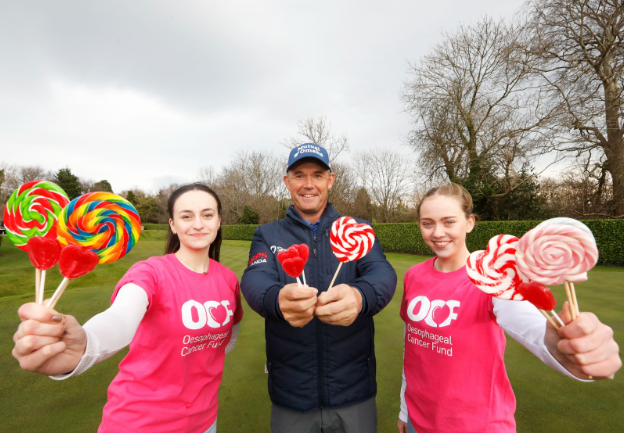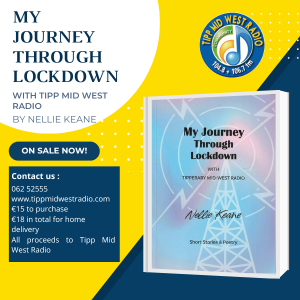Volunteers in Cashel, Thurles and Nenagh are taking part in the 2024 Lollipop Day to raise funds for the Oesophageal Cancer Fund.
Volunteers will be on hand in Cashel, Thurles and Nenagh, as well as at 80 locations nationwide to sell lollipops on Friday February 23rd and Saturday February 24th.
The charity is urging people in Tipperary, who can’t donate cash for the lollipops, to donate online at www.ocf.ie or to organise their own school, club or company fundraiser this year.
Ireland has one of the highest rates of Oesophageal Cancer in Europe with over 500 people diagnosed each year.
Oesophageal Cancer is the sixth leading cause of cancer mortality worldwide and is more common among men than among women by a ratio of 3 to 1.
In Ireland the progress of 9,000 at-risk patients with Barrett’s Oesophagus, a pre-indicator of potential Oesophageal Cancer, is being tracked across six hospitals and OCF has been a pioneer funder of this research.
The Charity says the early signs of Oesophageal Cancer are easy to overlook as people could be tempted to dismiss what can seem to be digestive complaints.
The charity is using Lollipop Day to also urge the Irish pharmaceutical sector to promote early detection by carrying bigger and better warnings on their antacid packaging and through their advertising, as they do in other markets.
The symptoms primarily include difficulty swallowing, persistent acid indigestion, heartburn and reflux and unexplained weight loss.
Unfortunately, approximately 70% of patients experience these symptoms for 3 months before contacting their GP and the Fund urges people to go to their GP early.
Padraig Harrington, Patron of the Oesophageal Cancer Fund says he is delighted to support the work of the OCF and to help spread awareness through Lollipop Day about the symptoms of this terrible cancer and to encourage people to book an early GP appointment.
Mr Harrington’s family has experienced the devastation of this cancer, having lost his father Patrick to it in 2005. “He had been experiencing symptoms for quite some time and an earlier diagnosis could have made a big difference. What we do know for sure is that early detection saves lives and that’s why awareness building is so important.”













